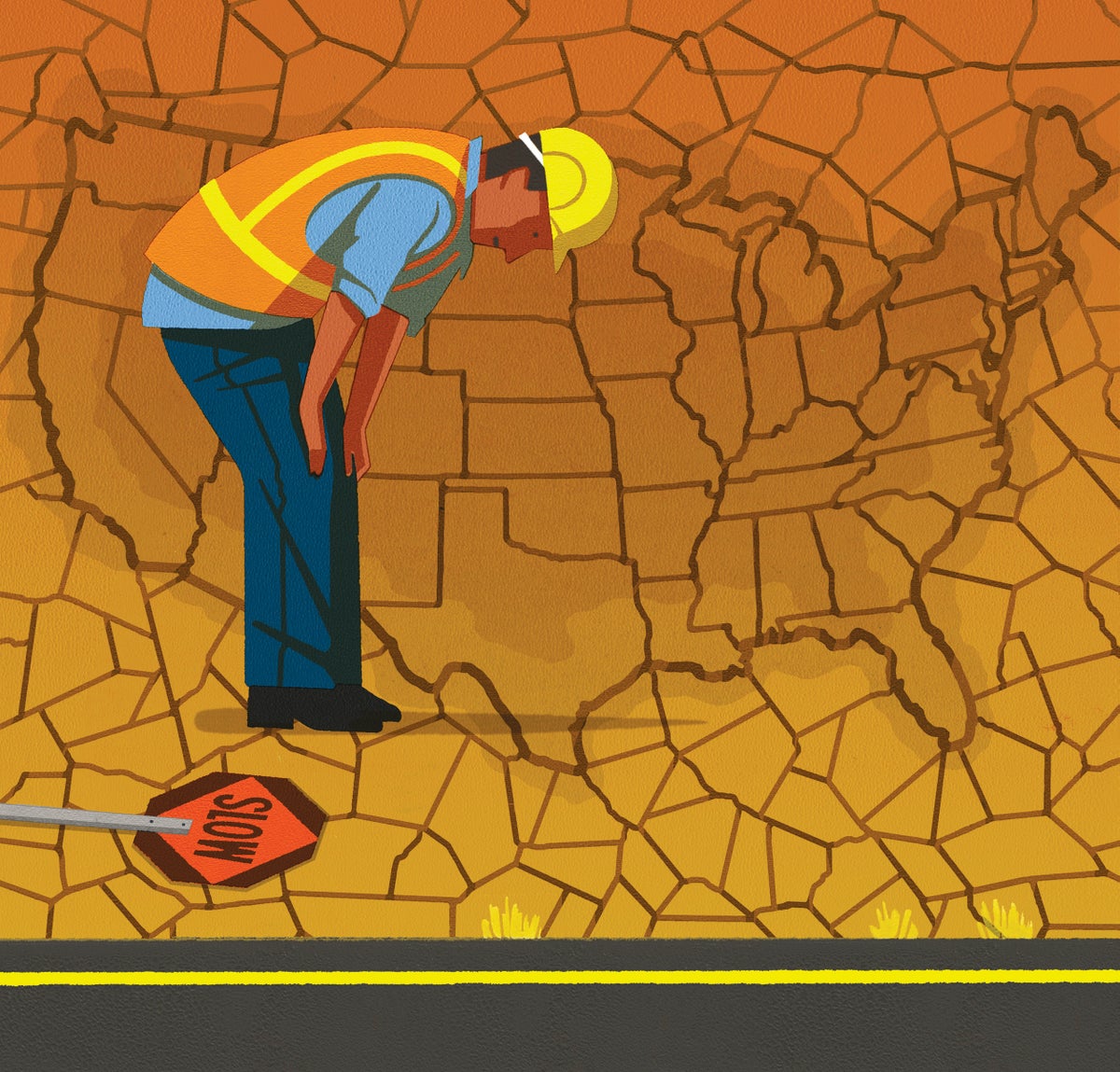
"The need to protect people is becoming clearer and more urgent as heat waves happen more often, last longer and become hotter with climate change."
"Extreme heat can cause heat exhaustion, heatstroke, and even death, particularly affecting vulnerable populations such as older adults and outdoor workers."
"Fully dealing with the threat would mean tackling systemic issues, from mitigating climate change to rectifying inequities in who is exposed to heat."
"There are also common-sense protections that could and should be put in place by both businesses and our government to prevent heat illnesses and deaths."
Extreme heat is the primary weather-related killer in the U.S., responsible for hundreds to thousands of deaths annually, with estimates likely undercounted. The increasing frequency and intensity of heat waves due to climate change amplify the need for urgent action. Addressing this issue requires not only climate change mitigation but also tackling systemic disparities in heat exposure. Implementing sensible protections by businesses and government is both economically viable and morally necessary to prevent heat-related illnesses and fatalities, especially among vulnerable groups like outdoor workers and the elderly.
Read at www.scientificamerican.com
Unable to calculate read time
Collection
[
|
...
]